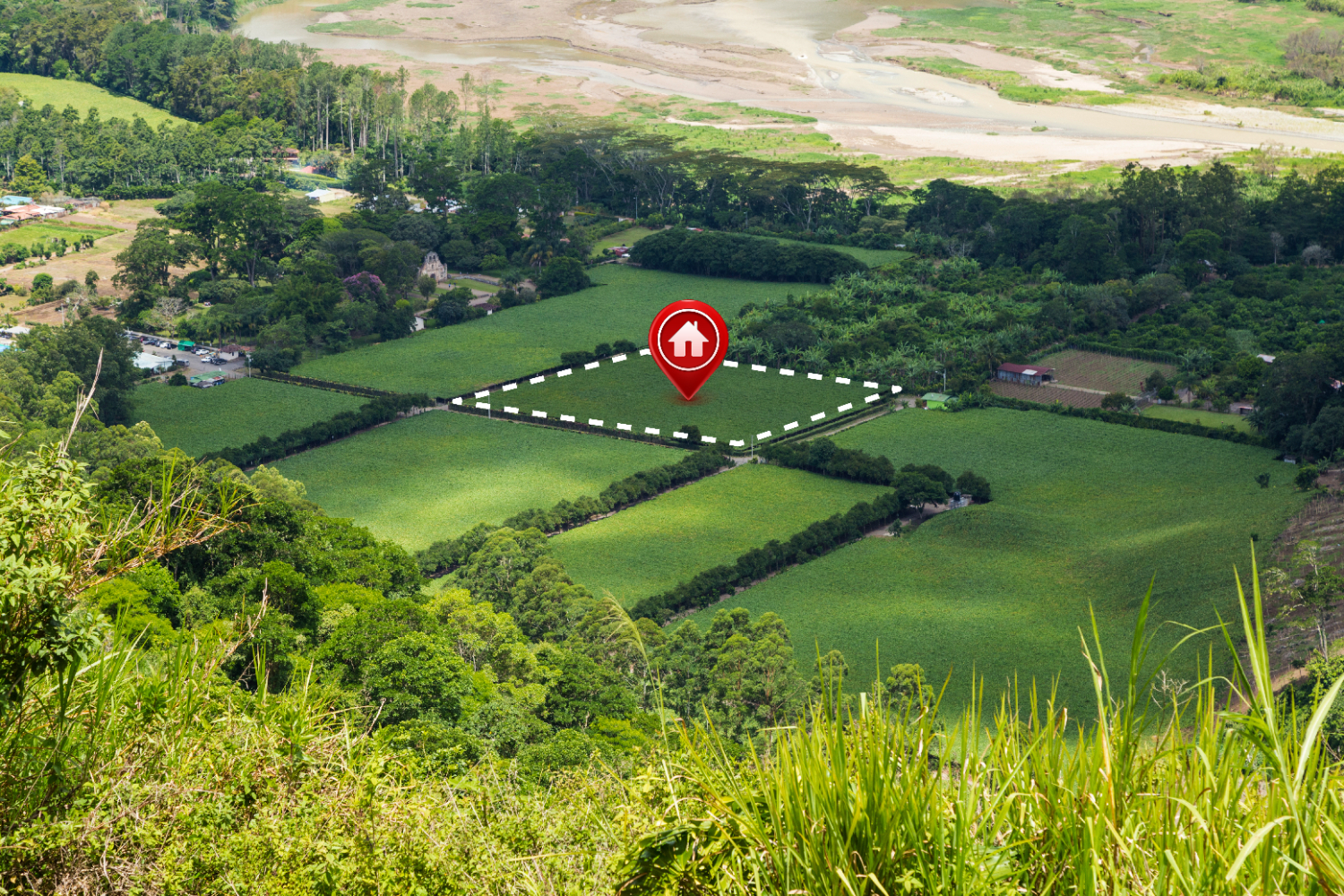Selling land is a complex process that often involves navigating a maze of zoning laws and regulatory requirements. Ensuring that you fully understand and comply with these laws is crucial for protecting both the buyer and seller, as well as ensuring a smooth and successful land sale transaction. Failing to account for zoning laws can result in complications or delays and may adversely impact the value and potential uses of your land.
In this comprehensive guide, we will delve into the intricacies of zoning laws and their impact on land sales. We will outline the importance of understanding zoning regulations in your local area, as well as how they can affect the saleability, value, and potential uses of your property. Furthermore, we will provide actionable tips and strategies for navigating these complexities, including working with local authorities, researching your land’s zoning classification, and understanding the legal requirements associated with specific zoning designations.
1. Familiarize Yourself with Local Zoning Regulations
The first step in navigating zoning laws when selling land is gaining a thorough understanding of the local regulations and requirements. Zoning laws can vary significantly from one municipality to another, so it is essential to conduct thorough research and familiarize yourself with the specific regulations in your location. Key areas to investigate include:
– Zoning classifications: Determine the zoning categories applicable to your land, such as residential, commercial, agricultural, or industrial.
– Permitted uses: Identify the specific uses allowed within your land’s zoning classification, such as single-family homes, multi-unit buildings, or retail establishments.
– Development restrictions: Be aware of any limitations on property development, such as minimum lot size, setbacks, or height restrictions.
– Future land use plans: Review any long-term plans for land use or development in the area to anticipate potential zoning changes or infrastructure improvements.
2. Research Your Land’s Zoning Classification
Once you understand the local zoning regulations, it is vital to research your land’s specific zoning classification. This information is typically available through your local planning or zoning department and may also be accessible online through a municipal zoning map or GIS database. Knowing your land’s zoning classification ensures you market the property accurately and provides potential buyers with essential information about its allowed uses and potential limitations.
3. Address Non-Conforming Uses and Zoning Variances
In some cases, your land may be subject to a non-conforming use or require a zoning variance to accommodate a prospective buyer’s intended use. Addressing these issues proactively can help streamline the land sale process and prevent potential roadblocks:
– Non-conforming use: If your land is currently being used in a manner that does not align with its zoning classification, you may need to seek a legal non-conforming use status from the local zoning authority. This status will generally permit the continuation of the existing use but may impose certain restrictions or requirements on future development or modifications.
– Zoning variance: If a buyer intends to use your land in a manner that deviates from its current zoning classification, they may need to apply for a zoning variance. As a seller, it is helpful to be familiar with the variance application process and requirements, as well as any potential impacts on the sale timeline and conditions.
4. Work with Local Authorities and Experts
Navigating zoning laws can be complex, and collaborating with knowledgeable local professionals can significantly improve your chances of a successful land sale. Reach out to the following resources for assistance:
– Local planning and zoning departments: These agencies can provide valuable information and guidance on zoning regulations, application processes, and required documentation.
– Land use attorneys: Legal experts specializing in land use and zoning matters can provide advice and representation when addressing non-conforming uses, applying for variances, or dealing with other zoning-related issues.
– Land surveyors: Professional land surveyors can help identify property boundaries, setbacks, easements, and other critical factors that may affect zoning compliance and land development potential.
Navigating Zoning Laws for a Successful Land Sale
Understanding and effectively navigating zoning laws are vital steps in the land sale process. By familiarizing yourself with local regulations, researching your property’s zoning classification, addressing potential challenges, and collaborating with local authorities and experts, you can help ensure a seamless and profitable land sale experience.
Lean on the experienced team at 7Land Corp for guidance and support as you tackle the complexities of zoning laws during your land sale journey. Our knowledgeable professionals are well-equipped to help you overcome potential obstacles, providing crucial insights and advice throughout the process. Let 7Land Corp streamline your land sale experience and ensure a rewarding outcome for all parties involved.




